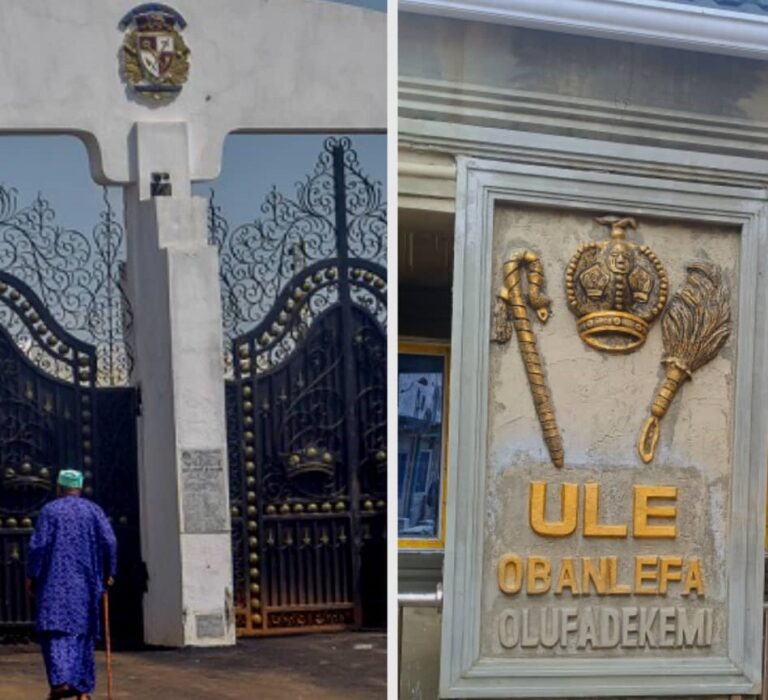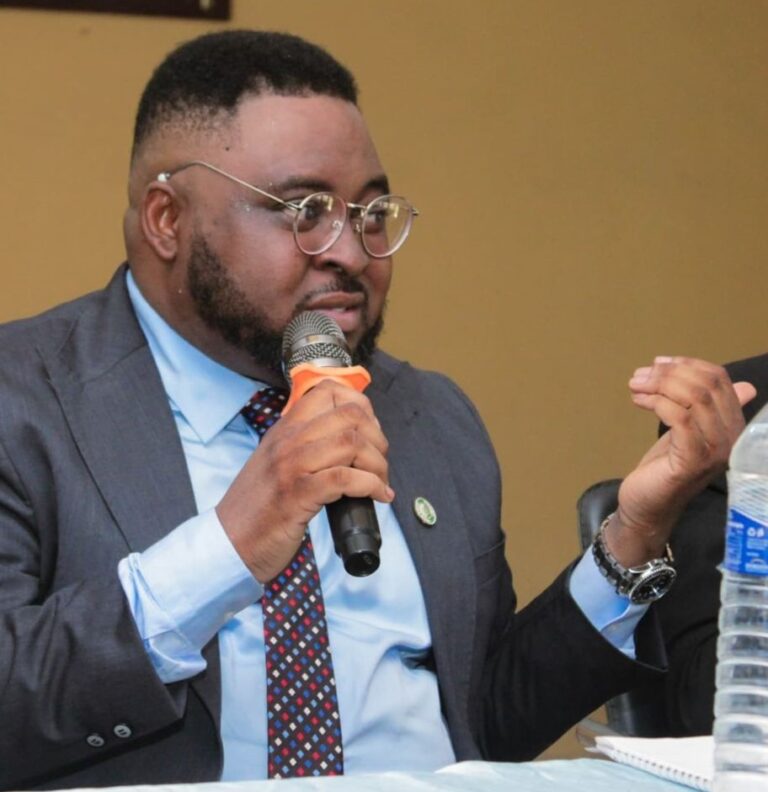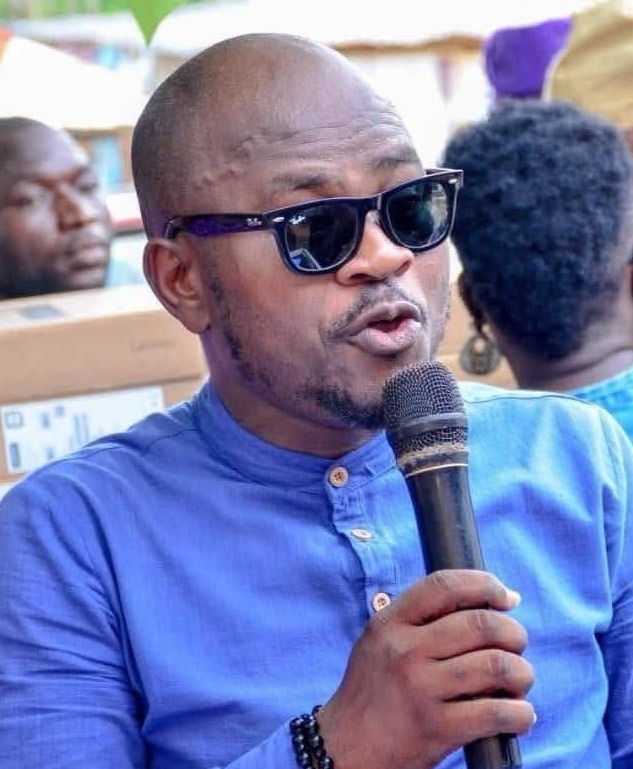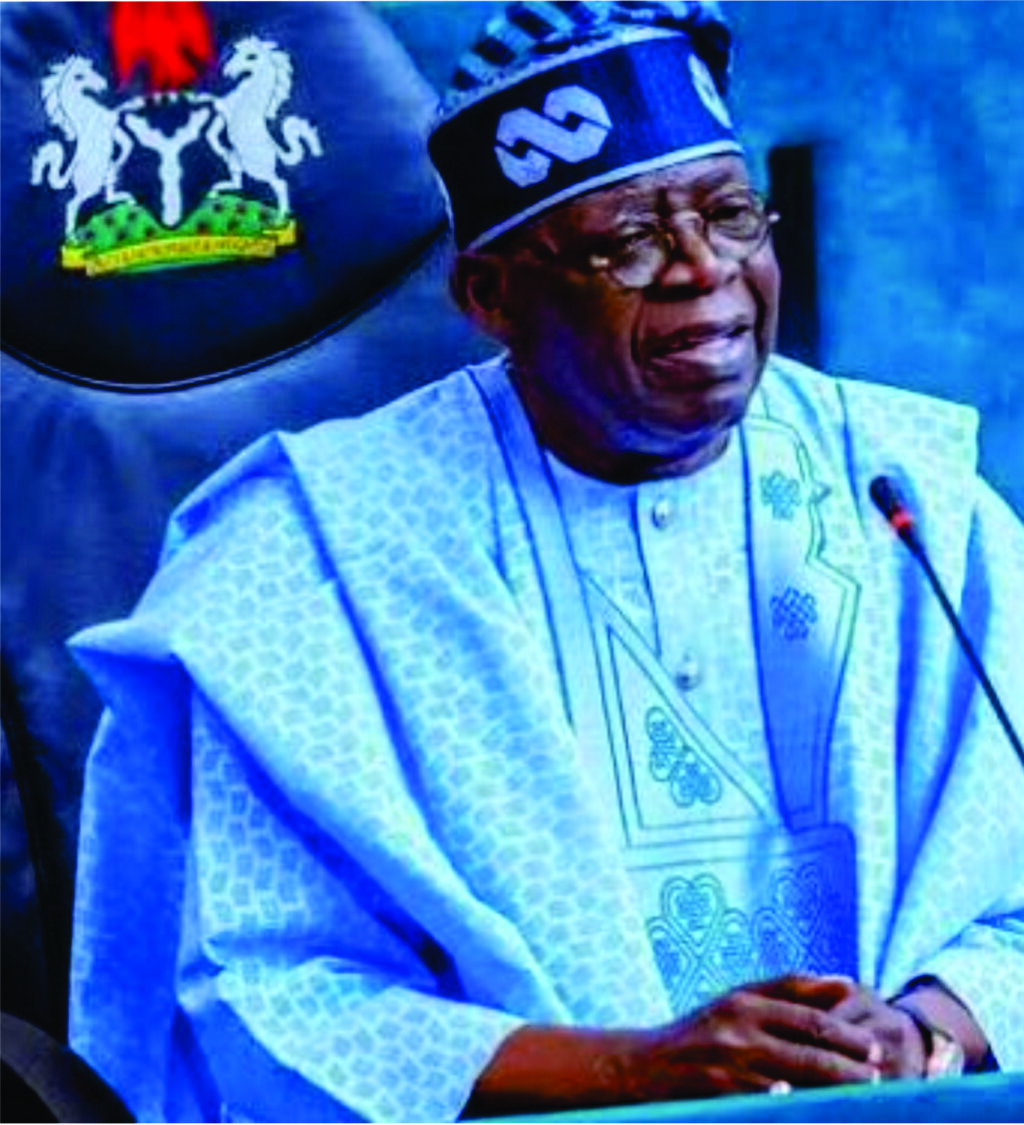
Nigeria has long faced challenges in leadership, with each administration under scrutiny from citizens. President Bola Ahmed Tinubu, the current leader of the Federal Republic of Nigeria, is no exception. While criticism remains, his transformative economic policies could usher in a new era for the nation. Opinions are divided: elites are optimistic, while others, burdened by the rising cost of living, remain cautious.
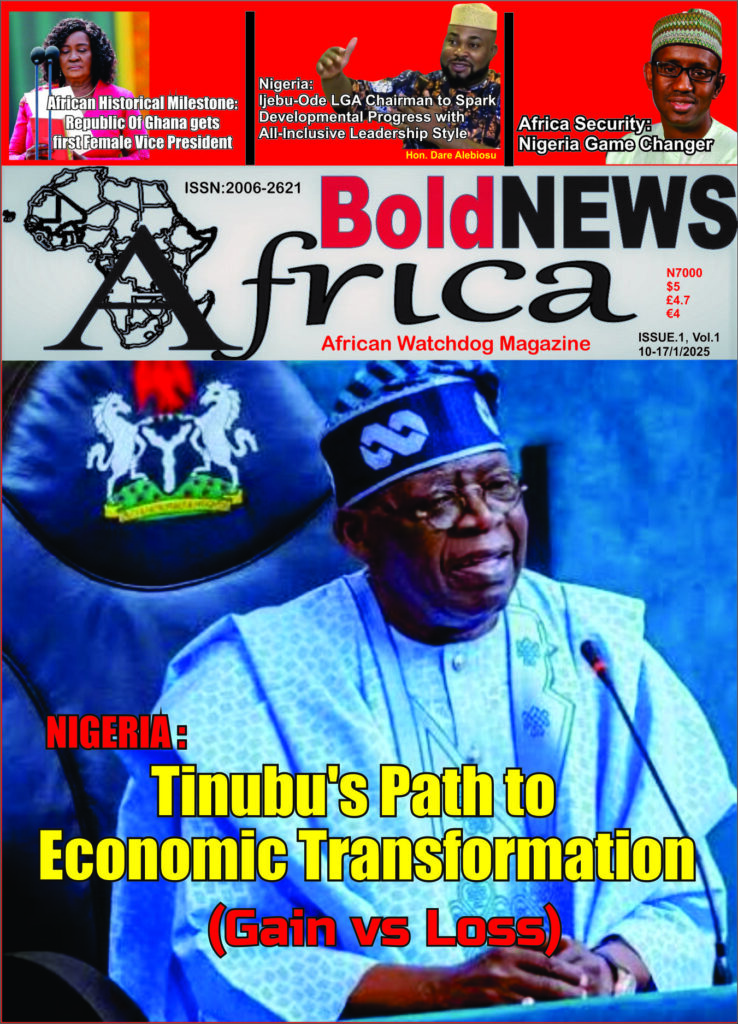
President Tinubu has exemplified effective leadership by aligning bold decisions with decisive actions, striving to unite collective efforts for the nation’s common good. His approach acknowledges the importance of repairing divides, fostering unity, and instilling realistic hope in a diverse society.
Bold Steps in Governance
One of Tinubu’s hallmark policies was the swift removal of the fuel subsidy. This, alongside the prompt assembly of his cabinet and clear expectations set for appointees, signaled a break from previous indecisiveness. His administration has implemented initiatives to benefit Nigerians across regions, religions, and ethnicities.
The Student Loan Scheme, managed by the Nigerian Education Loan Fund (NELFUND), provides access to higher education, while the Consumer Credit Scheme, through CREDICORP, broadens financial access. These efforts aim to uplift citizens regardless of their backgrounds.
Livestock Development and Economic Potential
In 2024, Tinubu established the Ministry of Livestock Development to address long-standing herder-farmer conflicts and unlock the economic potential of the livestock sector. This initiative emphasizes leveraging modern technology and incentivizing participation in dairy production, cold-chain logistics, and related industries, ensuring Nigeria capitalizes on its agricultural resources.
Infrastructure and Regional Equity
Tinubu has also championed infrastructure development. His administration’s support for the Eastern Rail Line and oil exploration in the Anambra Basin demonstrates a commitment to equitable development. The creation of zonal development commissions, such as the Southeast Development Commission, reflects efforts to address regional disparities and ecological challenges.
Building Unity Through Engagement
In January 2025, Tinubu’s visit to Enugu highlighted his nonpartisan commitment to national unity. During the visit, he inaugurated landmark projects, including the GTC Smart Green School and the International Conference Centre, while pledging support for the Southeast’s development. His outreach to stakeholders and acknowledgment of regional concerns suggest a concerted effort to bridge divides and foster inclusivity.
Looking Ahead: Economic Reforms and Youth Empowerment
In his New Year address, Tinubu announced plans to establish the National Credit Guarantee Company by mid-2025 to expand credit access. Additionally, the Youth Confab and the National Values Charter aim to promote youth participation and foster patriotism across the nation.
Transformative Leadership
President Tinubu’s leadership emphasizes shared responsibility and a vision of a united Nigeria. His administration’s initiatives aim to harness Nigeria’s diversity as a strength, promoting economic growth, social cohesion, and equitable development. While challenges remain, Tinubu’s transformative agenda has the potential to redefine Nigeria’s trajectory and inspire a more unified national identity.

